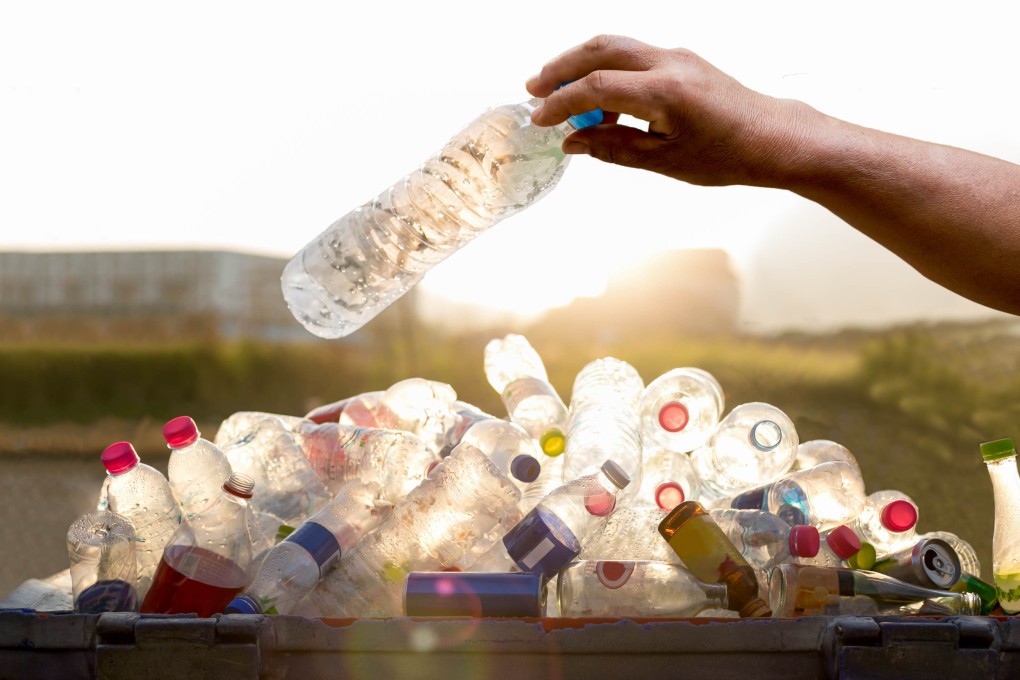Abu Dhabi-based start-up aims to launch world’s first plastics trading exchange as global companies call on governments to act
- Scheduled to open for trading in the summer, the Rebound Plastic Exchange aims to give companies across all sectors access to recycled plastics
- Move comes as more than 70 leading businesses and financial institutions call for more international government efforts to tackle plastic pollution

International Holding Company (IHC), the most valuable listed company in the United Arab Emirates, announced the formation of a new subsidiary called Rebound Ltd on Tuesday. It aims to create a trading platform for plastic feedstock called the Rebound Plastic Exchange.
There are more than 40,000 different types of plastic, and almost all of them are recyclable, according to the World Economic Forum. However, only about 15 per cent of global plastic waste is actually recycled.
A lack of processing capacity makes it difficult for many countries to develop a domestic circular economy for plastics. A global trading platform could fill a significant gap in the market and facilitate a truly circular economy, Woodring said.
On Monday, more than 70 leading companies and financial institutions called for United Nations member states to establish a legally-binding global treaty on plastic pollution at the upcoming UN Environment Assembly (UNEA5.2).
